News
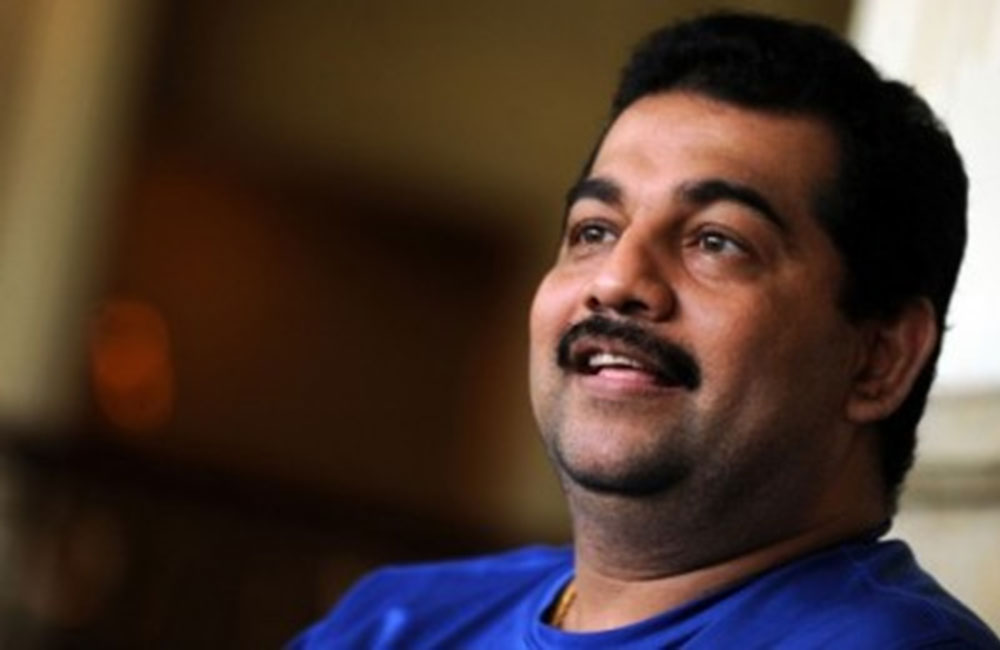
Eliyantha White, who invented alternative Covid prevention, passes away
Eliyantha White, the royal spiritual advisor of former President Mahinda Rajapaksa, has passed away.
White was recently being treated for contracting Covid-19 and his death was confirmed at a private hospital in Colombo a short while ago.
White secured his spotlight amid the Covid-19 pandemic in Sri Lanka for the alternative but controversial preventive methods he inventeed for Covid-19, winning many headlines.
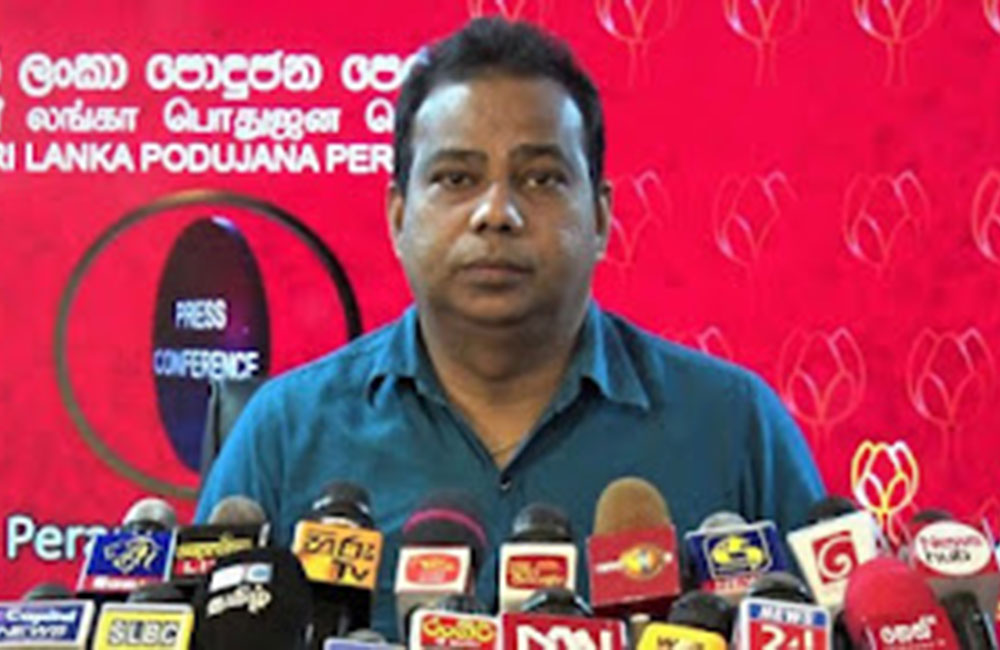
Ruling Party to hold disciplinary inquiry on MP Jagath Kumara
Sri Lanka Podujana Peramuna (SLPP) the Ruling Party has decided to call a disciplinary inquiry against Ruling Party MP Jagath Kumara for allegedly criticising two cabinet ministers at a recent press briefing.
Party Secretary MP Sagara Kariyawasam stated that the MP's sentiment cannot be approved of.
Denoting that MP Kumara has violated the party's discipline by criticising his own party members and ministers, MP Kariyawasam added that the Party, therefore, has decided to conduct a disciplinary inquiry against him. The matter will be addressed at the Party's disciplinary committee, he added.
MP Kumara in a recent briefing accused Ministers Sarath Weerasekara and Gamini Lokuge of influencing in the process of appointing an officer in charge (OIC) at the Padukka Police Station based on political affiliations.
Making the allegation, the MP resigned from the post of Chairman at the Padukka Regional Development Committee.
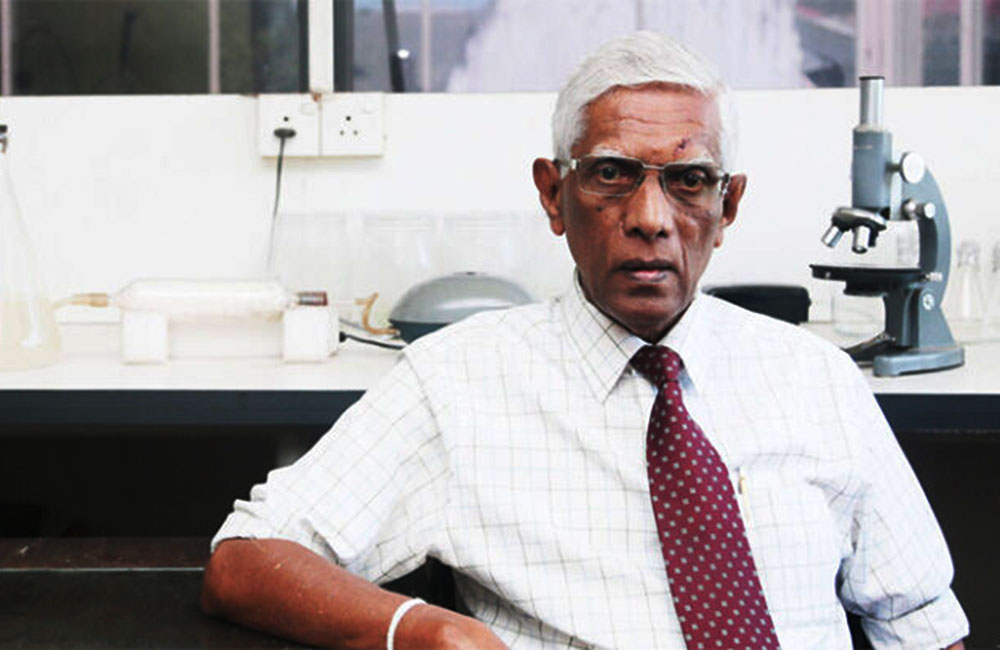
Importing organic fertilizer a danger to the whole country – Prof. Ananda Kulasuriya
“They do not care even the scientific data we have presented or the statements we have made. These transactions are carried out regardless of what we say. I have a big regret. The people of this country will be in great danger,” said Ananda Kulasuriya, Professor of Soil Microbiology. He was commenting on the government’s decision to import organic fertilizer.
He further stated that the government had assured him at the first meeting of the Presidential Task Force on Green Cultivation that no organic fertilizer or material would be imported into the country. However, he is saddened to see the catastrophe of importing tons of fertilizer, added Prof. Kulasuriya. ,
Professor of Soil Microbiology Ananda Kulasuriya, speaking further said, “If there is a proper plan, it is possible to produce organic fertilizer in the country properly. However, it cannot be done in a week or two. At least 80% of the organic fertilizer requirement can be met locally by the next Maha season.
I was appointed as a member of the Presidential Task Force on Green Expansion. Nevertheless, I attended only one meeting there. At that inaugural meeting, I made it clear that organic fertilizer or organic matter should be imported into Sri Lanka from any foreign country under any circumstances. I asked them not to do that, and I did not name a country.
I said this as a professor of microbiology. As a scientist with about fifty years of research experience, I explained that the country would be in grave danger if that were done.
When I made those comments in public, they said, ‘I have no intention of importing organic matter at all.’ What happened in the end? Attempts are being made to import metric tons of organic fertilizer. In these fertilizer samples, we saw a bacterium in the genus arvinia that is harmful to plants. It is a pathogenic bacterium well known to botanists.
They do not care even about the scientific data we have presented or the statements we have made. These transactions are carried out regardless of what we say. I have a big regret. The people of this country will be in great danger.”

103 more COVID-19 deaths reported
103 COVID-19 deaths were confirmed for Saturday (18), said the Director-General of Health Services on Sunday (19).
The total number of fatalities in Sri Lanka increased to 12,125.
According to the Government Information Department,47 females and 56 males are among the deceased.
A total of 77 people who are above 60 years of age are among the deceased while 24 of them are between 30 and 59 years of age.
Two deaths have been reported below 30 years of age.


92 more COVID-19 deaths reported
A total of 92 more COVID-19 related deaths that occurred yesterday (21) were confirmed by the Director-General of Health Services today pushing the death toll to 12,376.
According to the Government Information Department,41 females and 51 males are among the deceased.
A total of 71 people who are above 60 years of age are among the deceased while 19 of them are between 30 and 59 years of age.
Two deaths have been reported below 30 years of age.
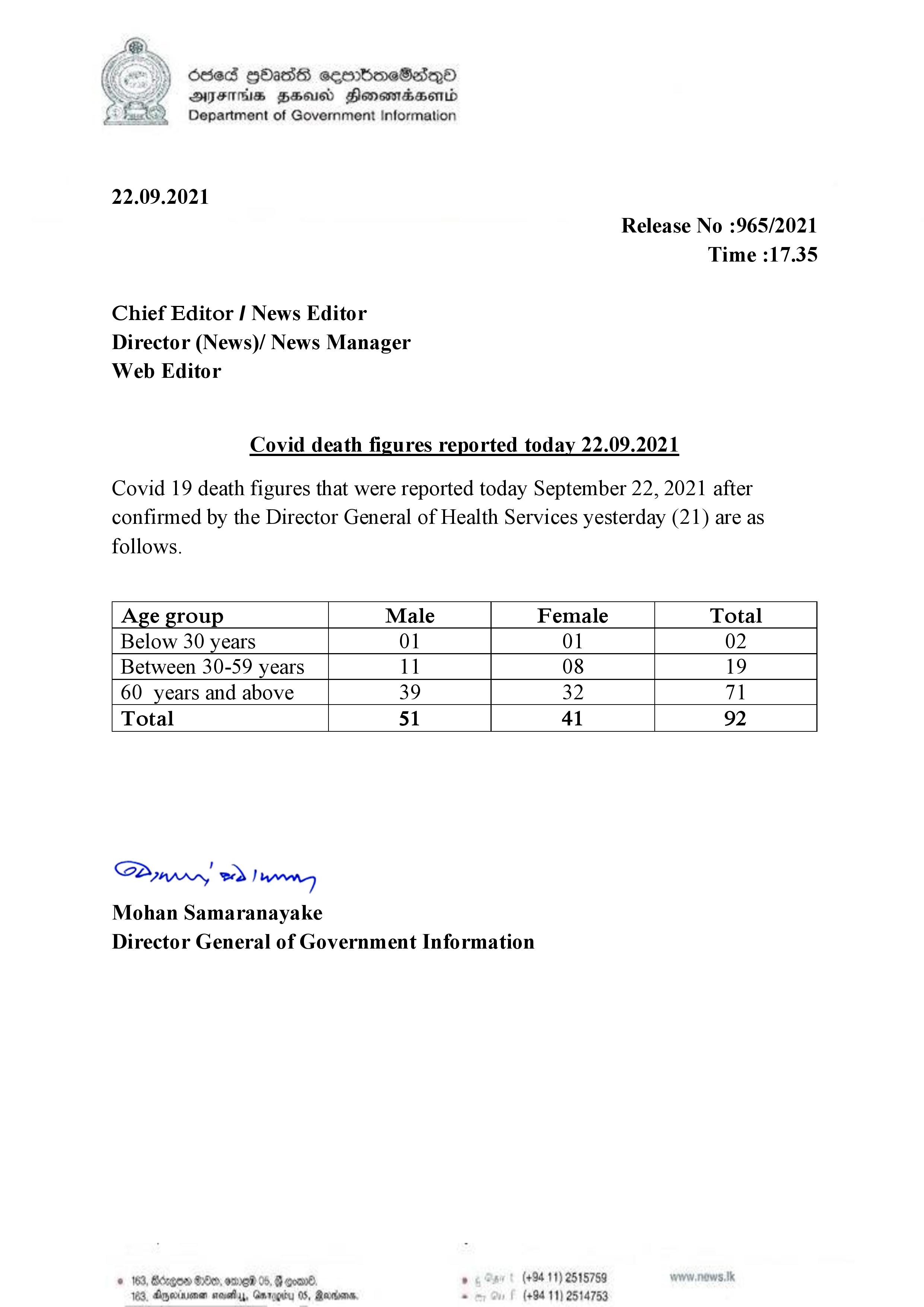

Price of imported milk powder to soar by Rs. 200?
The State Ministry of Consumer Protection has reportedly agreed to increase the price of imported milk powder, following a discussion held between Subject Minister Lasantha Alagiyawanna and the milk powder importers yesterday (18).
Speaking at the discussion, the importers have demanded an increase of Rs. 350 per kilo of milk powder. The Minister, however, has agreed to soar the price only by Rs. 200. This has been agreed to by the milk importers as well, reports added.
Accordingly, the price of 01 kilo of milk powder, which is currently sold for Rs. 945 in the market, will be soared up to Rs. 1145. The price of a 400 g packet of milk powder will soar from Rs. 380 to Rs. 458.
Milk powder importers are of the view that the problem is due to the rapid surge in the value of the US Dollar in the market. Despite the sell price of a US Dollar being Rs. 203, the importers are compelled to pay Rs. 238 in the market, they revealed.
In the backdrop, the importation of milk powder may be carried out at a significant loss despite the Rs. 200 increase, they grieved.
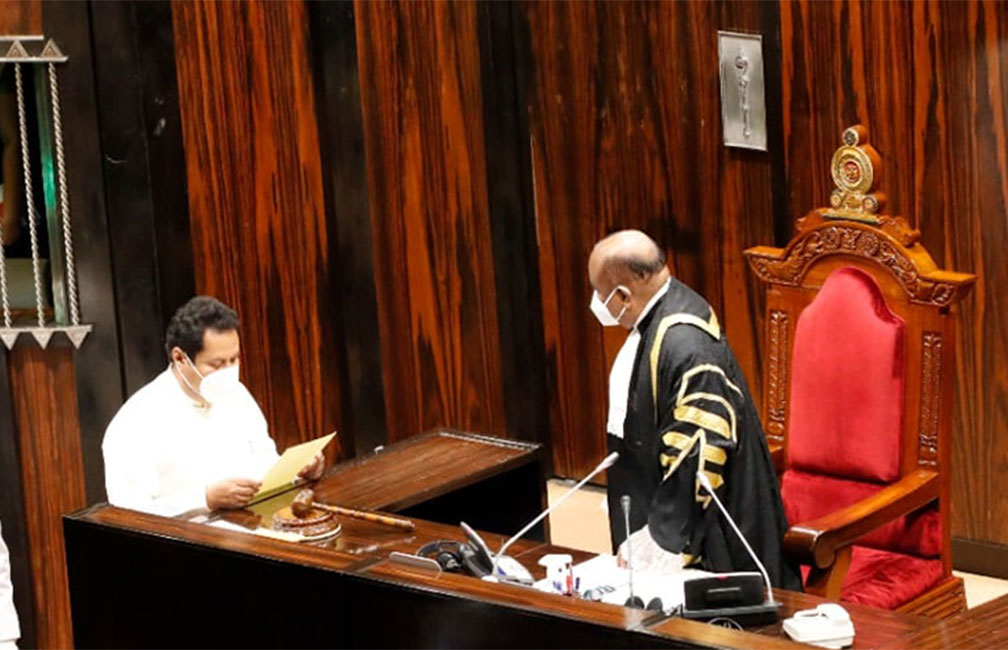
Ketagoda sworn in as MP
Jayantha Ketagoda was sworn in as a National List MP of the Sri Lanka Podujana Peramuna (SLPP) a short while ago.
He was named by the SLPP to fill the National List MP slot created after the resignation of former State Minister Ajith Nivard Cabraal.
Earlier, Sri Lanka Podujana Peramuna (SLPP) National List MP Jayantha Ketagoda resigned from his Parliamentary seat to make way for Economic Revival and Poverty Alleviation Presidential Task Force Head, Minister Basil Rajapaksa.
Basil Rajapaksa is the present Finance Minister.
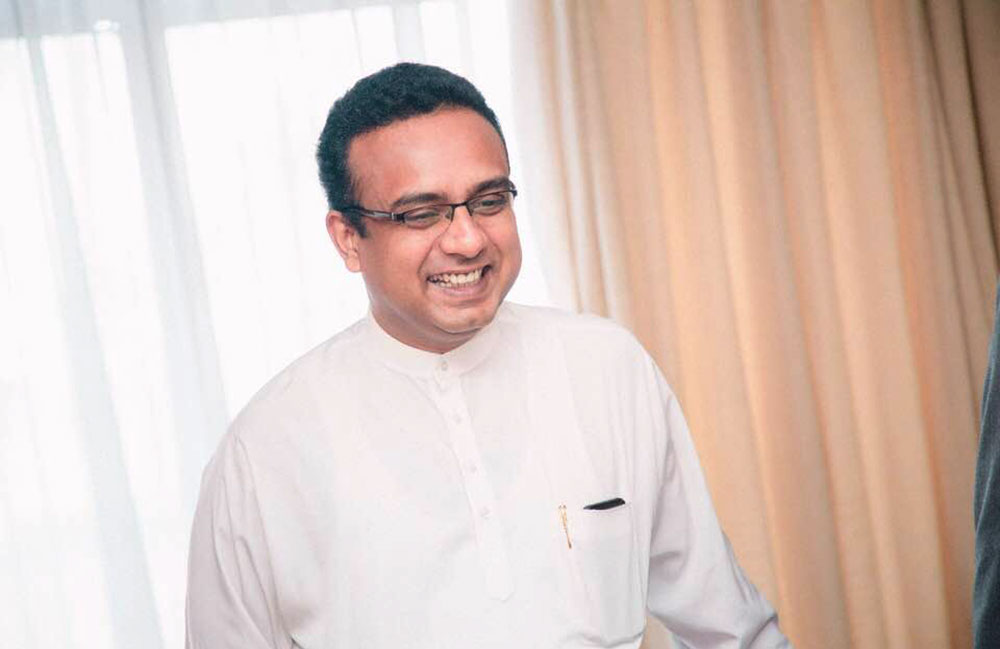
MP Manusha Nanayakkara summoned to appear before CID
MP Manusha Nanayakkara, SJB Media Spokesman, has been summoned to appear before the Criminal Investigation Department (CID), on the request of contributing to an investigation undertaken by the Department.
The MP has been summoned to appear on September 20 by the Officer in Charge of the Forensic Laboratory of the CID related to the information gathering carried out at the CID Computer Forensic Audit Unit.
MP Nanayakkara, however, has stated that his response to the request will be on the advice of a lawyer, in the event that the CID has not disclosed any information of the investigation into which he was summoned.
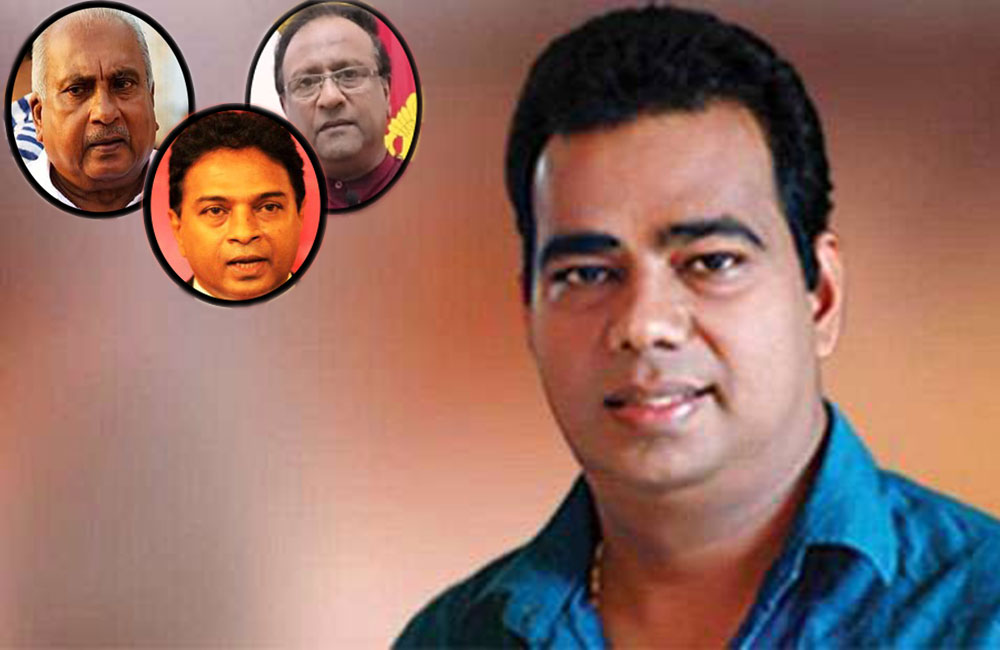
Ruling Party MP Jagath Kumara retaliates against disciplinary allegations, warns more information will be exposed
Government MPs should have the freedom to raise criticism over wrong decisions taken by those in the government, which cannot be violated through disciplinary inquiries, Ruling Party MP Jagath Kumara said, speaking to a briefing held today (20), following backlash over a controversial sentiment he delivered aiming two powerful government ministers a few days ago.
The Ruling Party MP in a recent briefing had accused Ministers Sarath Weerasekara and Gamini Lokuge of interfering in the appointment of the Officer In Charge of the Padukka Police Station. In response Ruling Party Secretary General Sagara Kariyawasam emphasised that MP Kumara will have to face a disciplinary inquiry for publicly criticising the ministers of the party.
In retaliation, MP Kumara stressed that another group of Ruling Party MPs are ready to stand by his side, had an attempt been made to silence him via a disiplinary inquiry.
Kumara also claimed that he has more information regarding Ministers Weerasekara and Lokuge, warning that these information will be exposed to media, had false allegations been levelled against him.
The trade union struggle by the school teachers and principals over salary anomalies continues to occur due to the conduct of Minister Weerasekara, he alleged.
LNW

Covid-19 death toll exceeds 12,000
The total number of COVID-19 deaths in Sri Lanka exceeded 12,000 with 84 more deaths being reported today.
A total of 84 more COVID-19 related deaths that occurred yesterday (17) were confirmed by the Director-General of Health Services today pushing the death toll to 12,022.
According to the Government Information Department,33 females and 51 males are among the deceased.
A total of 58 people who are above 60 years of age are among the deceased while 23 of them are between 30 and 59 years of age.
Three deaths have been reported below 30 years of age.

Covid: 93 more deaths reported. Toll up to 12,218
The Director-General of Health Services has confirmed another 93 coronavirus-related deaths on Sunday (September 19), increasing the official death toll in the country to 12,218.
According to the figures reported by the Department of Government Information today (20), the victims include 45 males and 48 females while one of the deceased is below the age of 30.
Twenty-four of the Covid-19 deaths are individuals between the ages of 30-59 and the remaining 68 are persons aged 60 and above.

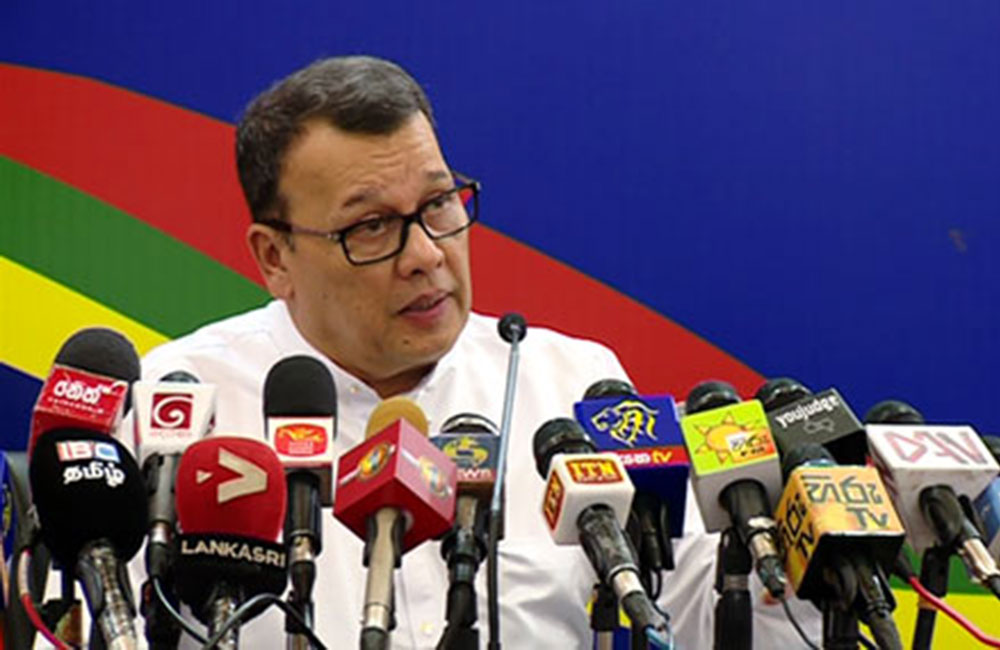
Mahinda Samarasinghe to step down as MP
SLPP MP Mahinda Samarasinghe will be stepping down as a member of the Parliament to take up the post of Sri Lanka’s Ambassador to the U.S. and Mexico.
Samarasinghe is slated to replace the former Ambassador to U.S., Ravinatha Ariyasinha as he is due to retire.
Page 367 of 684